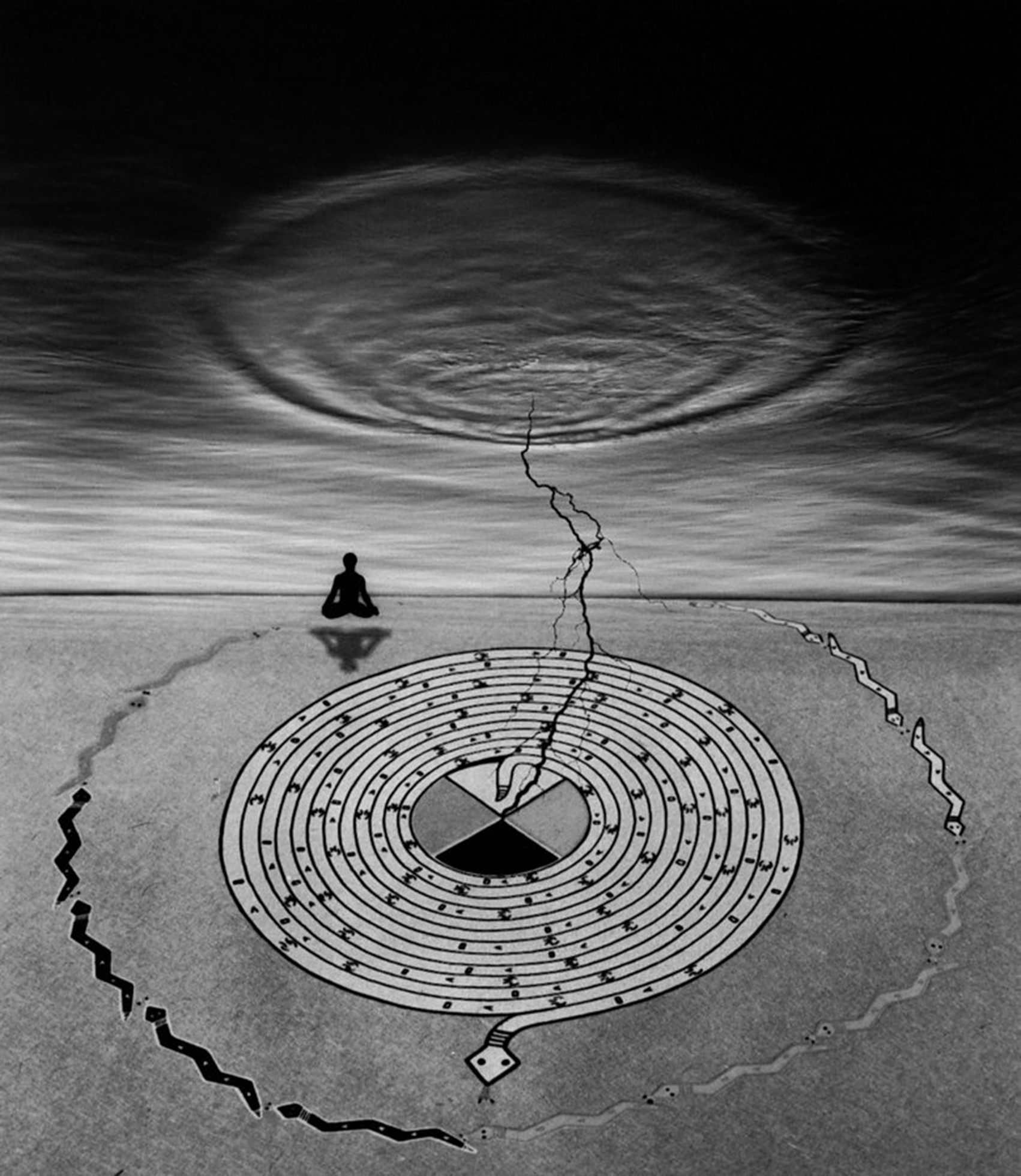Robert Bly, poet and cultural firebrand, has been stirring up controversy for the past forty years. Today, at the age of seventy-seven, he is writing what many recognize to be the most important poetry of his literary career.
Bly is best known for his 1990 book Iron John (Vintage), which proposes that modern men suffer from a lack of male mentors and initiation rituals. The book served as a pivotal document and lightning rod for the burgeoning men’s movement, and Bly became one of the movement’s central figures, leading workshops — along with psychologist James Hillman and storyteller Michael Meade — in which men learned to express their hidden anger and grief. Critics accused the movement of being antagonistic toward women, but Bly dismissed the charge as “oppositional thinking”: the assumption that anything for men must also be against women. Bly has since joined with Marion Woodman, a Jungian analyst of feminine psychology, to lead workshops for both sexes.





